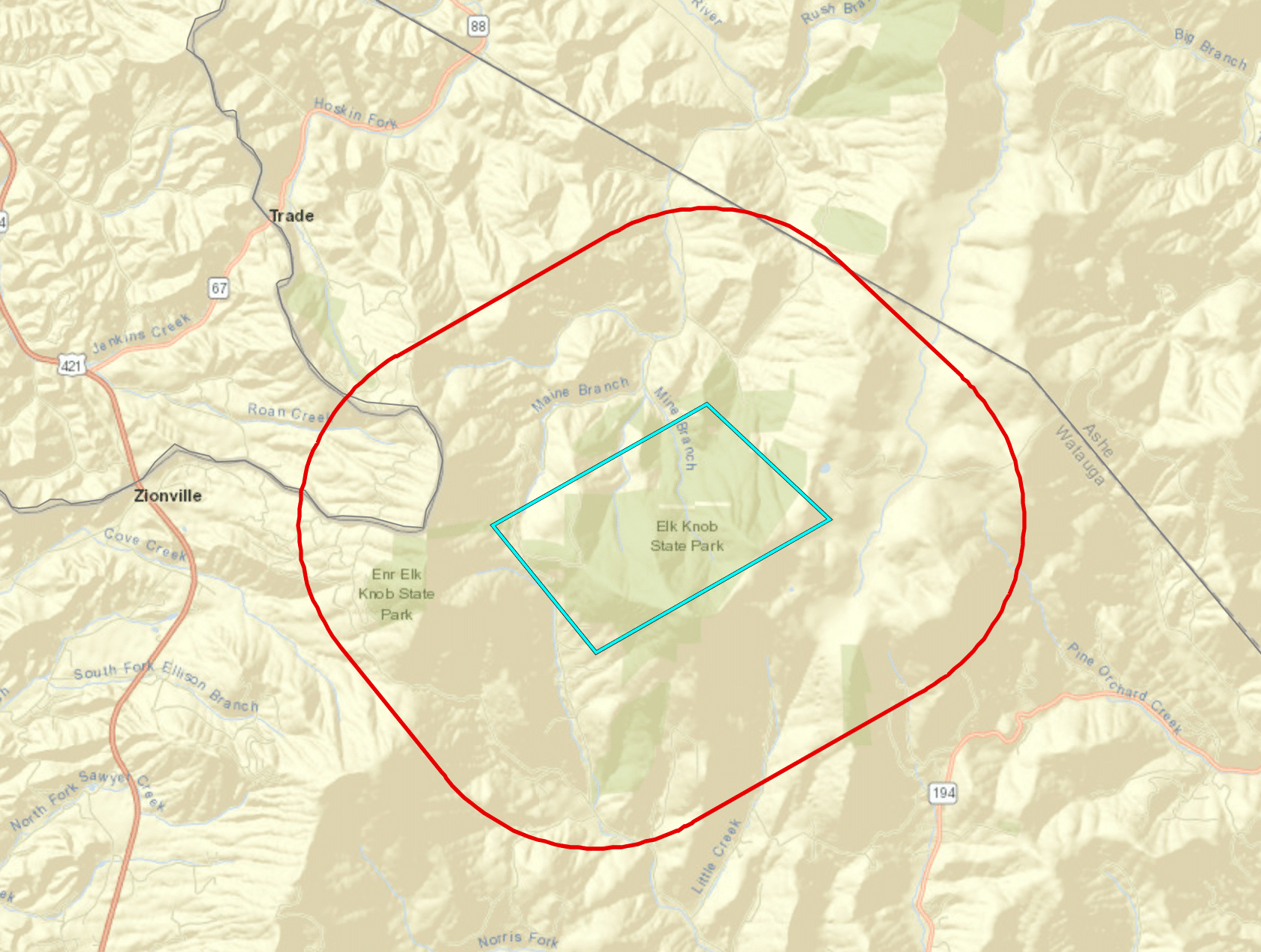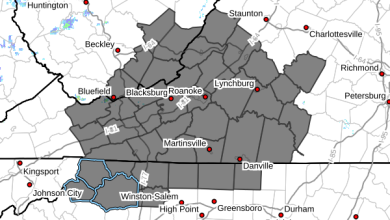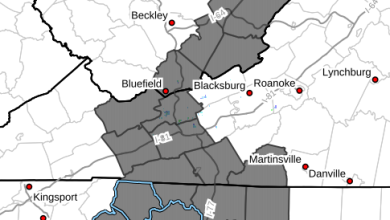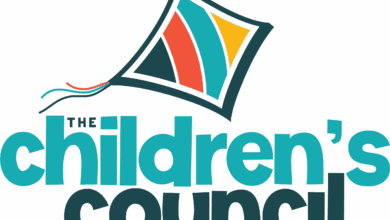
Last Updated on June 10, 2020 9:53 am
A section of Zionville will be among seven blocks and 18,559 acres to be treated for gypsy moth infestations.
The N.C. Department of Agriculture and Consumer Services will conduct treatments for gypsy moth infestations in several areas across North Carolina during the month of June.
“A total of seven blocks and 18,559 acres will be treated,” said Allison Ballantyne, NCDA&CS gypsy moth program manager. “We plan to start in Franklin County and will treat periodically heading west. We plan to end in Watauga County mid-June, adding or subtracting a few days to cover possible weather delays.” Ballantyne tells WataugaOnline.com that the planned application date in Zionville is June 15th.
The areas to be treated include:
- Centerville, in Franklin County.
- A large area in Surry, Stokes and Rockingham counties, including Mount Airy, Pilot Mountain and Eden.
- Mt. Mitchell in Yancey County.
- Glade Valley in Alleghany County.
- Zionville in Watauga County.
Prior to normal gypsy moth mating periods, aircraft will disperse SPLAT Gypsy Moth-Organic, infused with the naturally occurring gypsy moth pheromone.
The presence of the pheromone makes male gypsy moths unable to follow the natural pheromone scent trails released by the females, decreasing mating success and reducing the gypsy moth population. The pheromone is not harmful to humans, animals or plants and it will not affect other insect species, Ballantyne said.
Gypsy moths feed on the leaves of more than 300 different species of trees and shrubs, predominantly oaks and hardwoods. When areas become heavily infested, trees may be completely stripped of foliage, leaving them susceptible to attacks from other pests. Severe infestations often lead to tree death. Gypsy moth caterpillars can also pose public health concerns for people with respiratory problems, as their hairs and droppings may cause severe allergic reactions.
Public hearings were held in February to discuss these infestations and receive input from residents about treatment options.
For more information, including maps and a description of the proposed treatment area, go to www.ncagr.com/gypsymoth or contact NCDA&CS at 800-206-9333. More immediate updates, including spray start dates, will be posted on Twitter at www.twitter.com/NCAgriculture.
Zionville area: This 2300 acre proposed treatment block is located in Watauga County. The northwest corner of the block is located just east of the Tennessee border and the northern and eastern borders run closely along Meat Camp Road. A large part of Elk Knob State Park lies inside this block. The North Fork New River Creek branches off into the Mine Branch just before they reach the block and the two waterways pass through, ending in the center of the block. Elk Knob State Park consists of a northern hardwood forest containing sugar maple, yellow birch, American beech, and yellow buckeye. There are no residences and 24 other structures present in the block. In 2018, we caught a total of two male moths in this block. In 2019, that number increased to twenty-nine, signifying that a reproducing population is present. One application of mating disruption is proposed for this block in late May or early June.


















